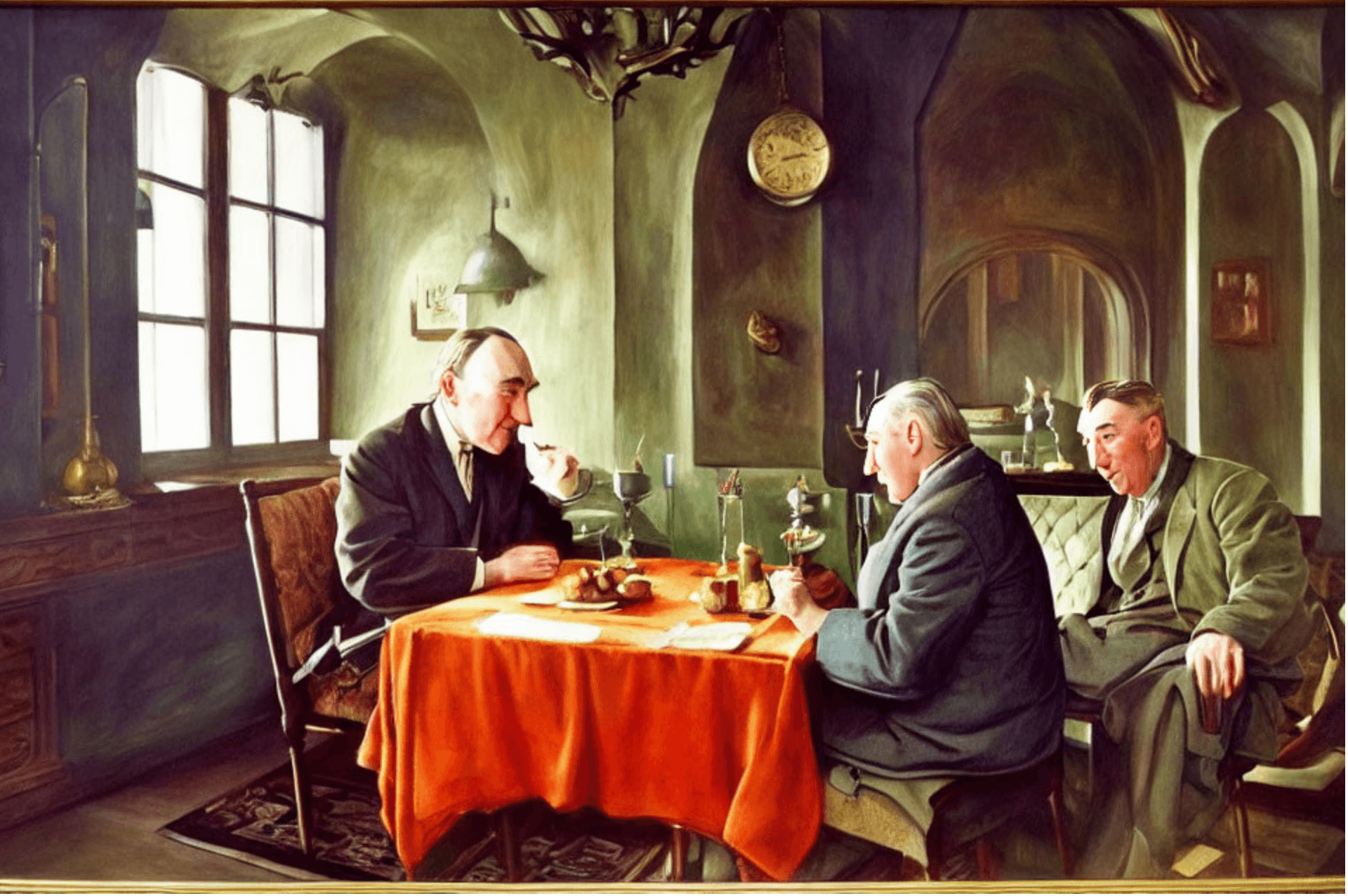Totally Consumed: My Identity Crisis. By Meyah Doyle.
Note from Tony: I had the opportunity to meet Meyah at the Mississippi Baptist State Speakers Tournament. The tourney is open to high school students, who are tasked with sharing a speech with judges. Winners of the tournament are awarded literally thousands of dollars in scholarships.
Meyah is a 12th grader from Petal, Mississippi. I was blown away by her speech, and I asked her if I could share her manuscript with you folks. This is a story and testimony you need to hear, and she was gracious enough to let me post it.
Be blessed. I know I was.
If you were to take a look at me, what would be your first impressions? I’m tall so maybe you think I’m a basketball player, or you see how poofy my curls are. All the things you point out about me are my biggest insecurities. Put yourself in my shoes, for some that would be 20 or 30 years ago, and think about what fully consumed you. I am Meyah Doyle and I am totally consumed in my identity crisis. And I think that most people can probably relate. I know that I am an athlete. I know that I am a daughter and a sister. I know that the color of my skin subconsciously sets me apart, but I know these things do not completely define who I am. So, I am constantly searching for something to validate my identity. That’s when I found Jesus, the one who I can confidently say thinks I’m enough and doesn’t need me to do anything to prove that I am worthy of Him.
As a mixed girl living in a predominantly white area for as long as I can remember, I’ve been faced with internal challenges that my friends cannot understand. Admittedly, I have consumed myself with finding ways I can fit in, like damaging my curly hair to get it bone straight. I struggle daily with thoughts that my white friends don’t think I’m white enough, and my black friends don’t think I’m black enough. But I’m reminded in Psalm 139:13-15 that my God knows I’m enough, that I am “fearfully and wonderfully made”. God, the Creator of all things, made me exactly the way He wanted, with no error. The way I look is who I am meant to be. So it’s not if I’m black enough for some people or white enough for others, it’s the fact that I am black and I am white and I am enough.
To other people, I have always been known as “the tall girl who plays basketball,” that is who I am to them so, over time, I have just naturally found my identity in being an athlete. People say “I can’t wait to see you in the WNBA!” I just laugh and carry on, knowing that if I tell them that’s not what I want to be then many surprised remarks will follow. I have been lost in this identity for years and have based my happiness on how well I’m doing in basketball, and this has truly damaged my mental health. I am more anxious and stressed now than I’ve ever been. In times of stress I find myself looking to what other people expect of me rather than basing my strength and confidence in Jesus. A writer for the company Athletes Unheard affirms, “It really comes down to self-awareness. It’s all about knowing who you are as an athlete, as a person and what will make you the happiest in the long run. Realizing where your self-worth lies and not tying it to one thing or attribute about yourself is the quickest path to true success.” I choose to realize my self worth lies in Jesus, not my accomplishments as an athlete or failed attempts at meeting expectations.
People on social media define me based on how pretty they think I am, how many followers and likes I have, or who my friends are. This reality led me to be totally consumed by what people see and think about me. Everything I do on social media is planned out in order to portray a perfect image of myself. For example, after a trip I took with my friends last year to the beach, it took me 3 days to post any pictures on Instagram because I critiqued every part of each picture and was so overwhelmed by what other people would think. The fear of what other people’s opinions heightened my body image issues and tore down my self confidence. According to Gary Goldfield, PhD, of Children’s Hospital of Eastern Ontario Research Institute, “Youth are spending, on average, between six to eight hours per day on screens, much of it on social media. Social media can expose users to hundreds or even thousands of images and photos every day, including those of celebrities and fashion or fitness models, which we know leads to an internalization of beauty ideals that are unattainable for almost everyone, resulting in greater dissatisfaction with body weight and shape.” Just as I spend days critiquing my own pictures to show the best of me, so do influencers, but Jesus looks past all of that. He sees all our faults and insecurities and still looks at our hearts with love despite what our bodies look like. Why should I show so much hate to myself to gain satisfaction from the people of this world?
Every day I battle with being consumed by something different. Through this, I have learned to be consumed with the Lord in order to win my battles. What other people critique of me on social media does not define who I am in the Lord. I’ve also learned to balance who I am as an athlete and as a child of God. It has not been easy, but I hope to model to my younger sisters how important it is to find their value in the Lord. I have come to terms with the identity that God is revealing to me each day, and my intention is to be fully consumed in Him.











